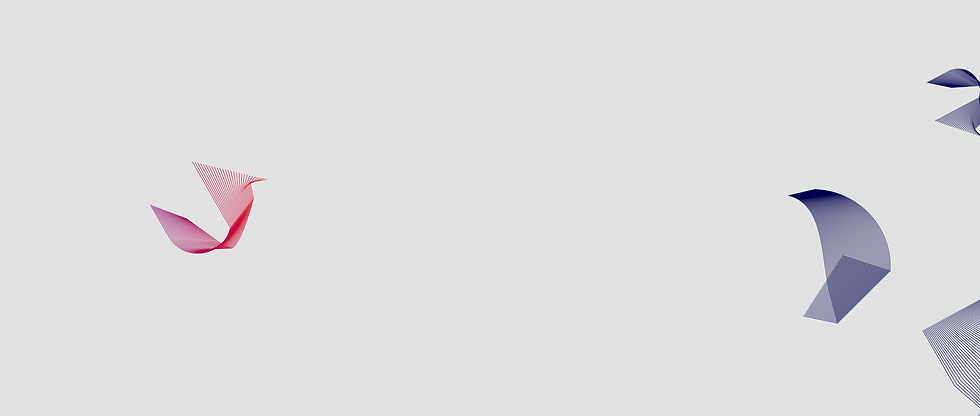



Our Product
What if we can generate energy from sound waves?
Today, we live in a world with a lot of electrical goods, such as computers and smartphones, and many more. Those gadgets are quite useful but consume electricity all the time. In fact, energy consumption per capita had doubled in the past 30 years. The source of energy is limited and we have to find a better way to generate power from more environmentally friendly resources.


So, we will develop a technology that collects sound waves from the air and converts them into electricity. The mechanism is simple. A loudspeaker uses electricity to make a sound, so we will reverse the entire process, converting the vibrations to electrical power. We want to make the world more sustainable by accumulating the small changes we can make.
The name of our product is inspired by a fable of a hummingbird, carrying a single drop of water in her beak to the flames. This story tells us the importance of trying everything in our power that we can, even if we can only make a tiny change at a time. But with your support, our products may change the world!

The Technology
How it works?

(Qingyu Ge, 2017)
The sound wave (air vibration) is received by the receiver, the vibration is amplified by the resonator, and then converted into electrical energy.
By moving the coil back and forth periodically, a voltage is generated between the magnet and the coil (electromagnetic induction).
On the other hand, the speaker vibrates the coil by applying a voltage from the outside to produce sound, so it can be said to be a reverse mechanism.

(Qingyu Ge, 2017)
Use Cases

Airport

Highway

Factory
Team
Ryutaro Suda

The University of Tokyo
I study concepts and principles that are universally useful in engineering. I work at Israeli company as an analyst since 2019. I am also developing a decentralized ID system based on the blockchain technology, as a 4th cohort of Blockchain & Entrepreneurship Program at the University of Tokyo. I can code C, C++, Python, R, javascript and Solidity.
Yuske Hakamaya
Keio University
I'm a student at the Faculty of Letters at Keio University, studying the relationship between football and class society in 19th century England. I have worked as a consultant for the corporate and industry analysis tool for ten-month, and currently in charge of HR at an EdTech startup company. Also, studying as a student of 42 Tokyo, an engineering training program. I can code in C, C++, Python, and Java. https://www.42.us.org/

Natsumi Aoyama

I worked at Israeli company as an analyst and recruit technologies as an AI engineer. I am also developing a decentralized ID system based on the blockchain technology, as a 4th cohort of Blockchain & Entrepreneurship Program at the University of Tokyo. I can code Python and Swift.
Takuto Kimura
The University of Tokyo
I am an AI enthusiast, who is passionate to make the world a better place with the power of technology. Prior to coming to Tokyo, I graduated from Kyoto University, where I worked on Natural Language processing. Currently, I am working on theoretical machine learning, especially on the log-linear model on posets.

Special Thanks
Advisor:
Shunya
Filming in corporation with:
Naoya
&
UNINEST STUDENT RESIDENT
HAKUSAN HOUSE
In the quote.
“It’s perfectly conceivable to absorb that movement and glean useable energy. You’re not going to power a city with it, but you can power small devices.”
David Cohen-Tanugi, vice president of the MIT Energy Club

